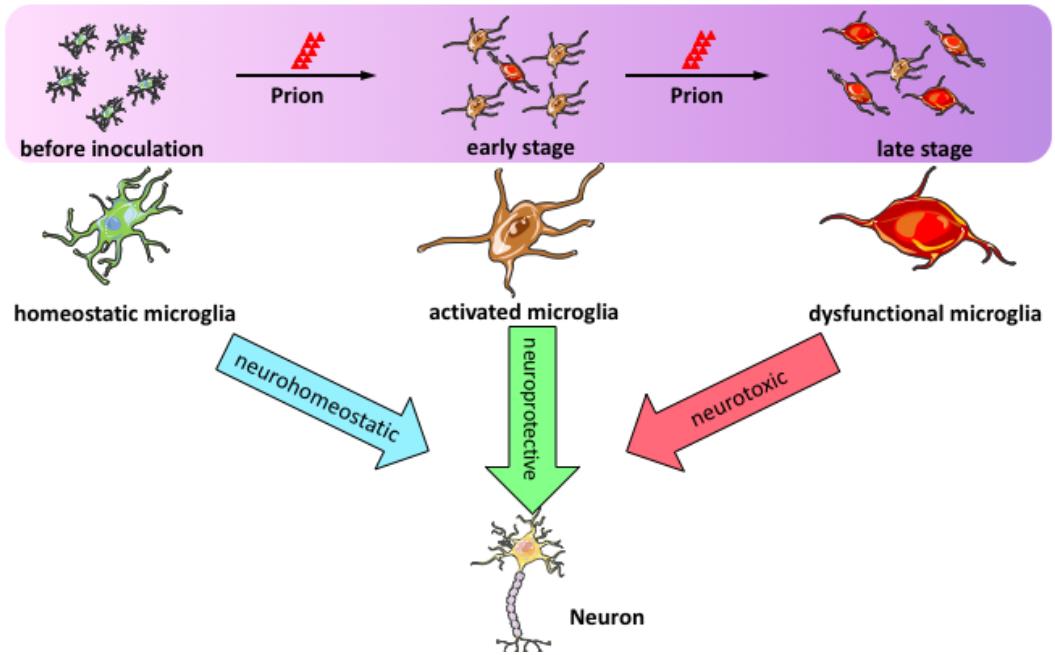As a world-leading service provider of antibody development and generation, Creative Biolabs is ready to provide a whole series of biomarker-specific in vitro diagnostic (IVD) antibody development services. A team of experienced scientists focused on antibody development are pleased to assist you in your project in a timely and cost-effective manner.
Prion disease, also known as transmissible spongiform encephalopathies (TSEs), is a group of animal and human brain diseases that are uniformly fatal. They are often characterized by a long incubation period and a multifocal neuropathologic picture of neuronal loss, spongiform changes, and astrogliosis. Prion diseases affect both human beings and animals which contain Creutzfeldt-Jakob disease (CJD) and Gerstmann-Sträussler-Scheinker (GSS) in humans, bovine spongiform encephalopathy (BSE, or "mad cow disease") in cattle, scrapie in sheep and chronic wasting disease (CWD) in mule deer and elk. Despite the long incubation periods, prion diseases have a typically rapid progress once clinical symptoms appear. Increased understanding of the underlying pathogenesis have shed light on the effective therapeutic interventions, however, there is no effective form of treatment for prion disease currently.
 Fig.1 Microglial activation in prion disease.1
Fig.1 Microglial activation in prion disease.1
Pathogenesis of Prion Infectious Diseases
Prion diseases do not characteristically elicit an immune response by the host and the underlying mechanism of brain damage is poorly understood. What has been learned up to now is that progressive neuronal accumulation of the disease-associated prion may result in direct damage of neurons, and the diminished of normally available prion protein may affect its presumed neuroprotective function, contributing to the underlying neurodegenerative process. It is commonly thought that the etiologic agents of prion disease are composed mainly or entirely of abnormal conformers of a host-encoded glycoprotein known as the prion protein (PrP). When do the replications, the abnormal prions can recruit and converse the normally expressed prion protein, which has mainly an alpha-helical structure, into a disease-special conformation that keeps in beta-sheet. The spread of prions in a person's brain, which can keep for years without causing any symptoms, will eventually kill neurons of the host and result in rapidly cognitive decline.
Prevention of Prion Infectious Diseases
Prevention remains the effective mean to combat prion infectious diseases as there is no known specific treatment for these infections except symptomatic treatment. And diagnosis of definitive confirmation relies on postmortem histological or biochemical analysis of brain tissue. Furthermore, vaccines and special immunotherapies for related diseases are under research in many countries.
Our IVD antibody services target different markers of prion infectious diseases, including but not limited to:
If you are interested in our products or services, please feel free to contact us for more information and a detailed quote.
Reference
- Li, Bei, Meiling Chen, and Caihong Zhu. "Neuroinflammation in prion disease." International Journal of Molecular Sciences 22.4 (2021): 2196. Distributed under Open Access license CC BY 4.0, without modification.
For Research Use Only.